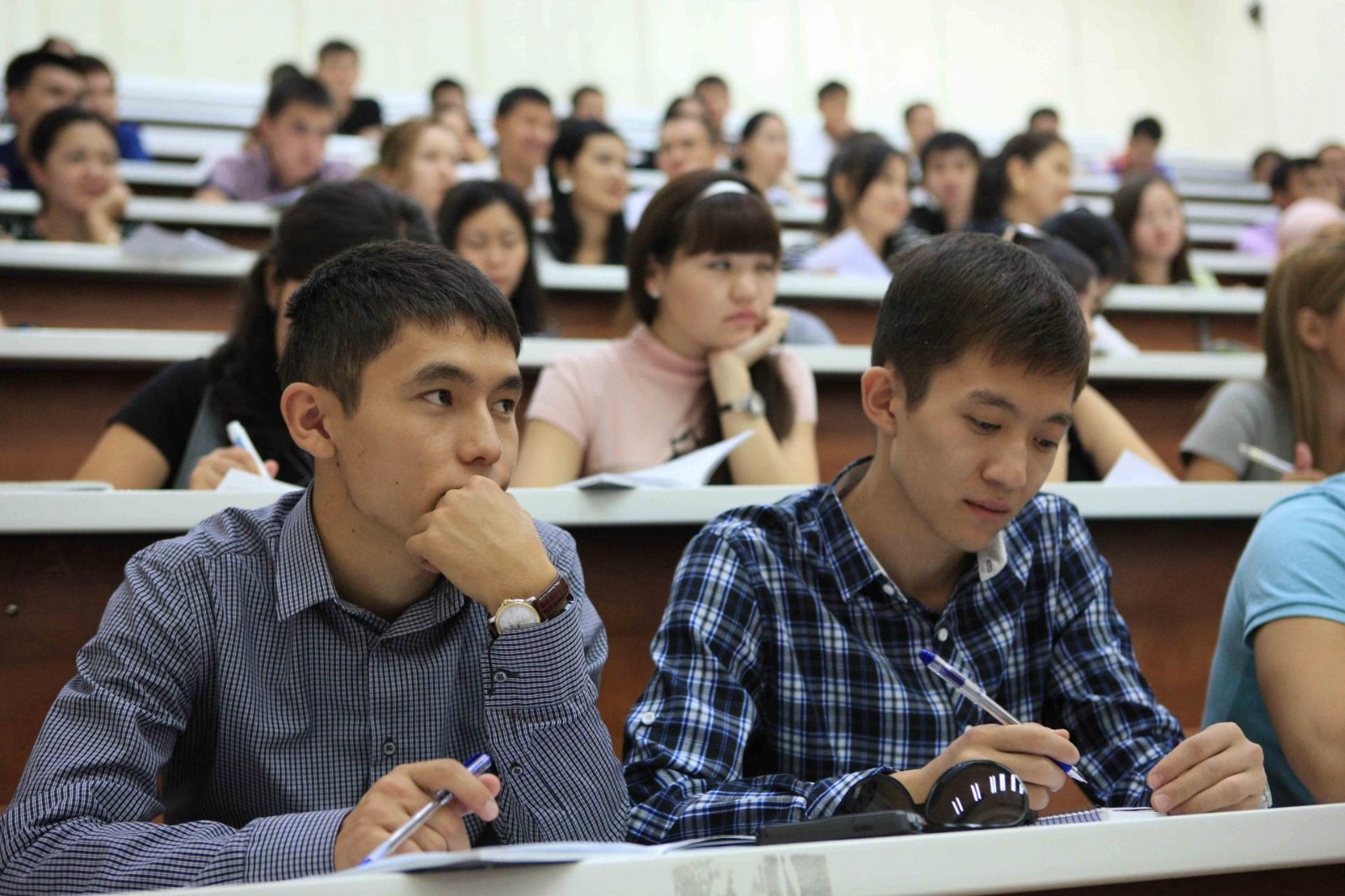
After gaining independence, we paid special attention to attracting Candace to the country. Among other things, mechanisms were used to encourage young people-Kandas, school graduates to study in our country. This is undoubtedly an unprecedented initiative, although there is no significant progress in its implementation.
That is, the number of ethnic Kazakh youth who want to study in our country is plentiful, but the allocated quotas have not been fully mastered. There are a lot of applicants, but there are few applicants. According to official statistics, it can be seen that over the next 4 years, the share of Kandas who became grant holders decreased. So, in 2019, the grant utilization rate was 40.12%, and in 2022 it decreased by 17.72% and amounted to 22.4%.
Consequently, there are many problems in mastering the allocated quota. The mechanism does not give full results. What are these problems? What measures should be taken?
Grantees are being reduced
Currently, there are four main educational programs for ethnic Kazakhs living abroad in the country. In particular, preparatory courses on the basis of universities, a 4 percent quota allocated by the state for admission to bachelor's degree. In particular, 4 percent of all grants allocated for bachelor's degree in the country are provided for Kandas. This initiative has been implemented since 1994, at first it was only 2 percent, then the quota share doubled at the 2017 World Kurultai of Kazakhs.
According to the Otandastar Foundation, the interest in the programs is mainly shown by compatriots from Mongolia, China, Uzbekistan, Iran, Turkmenistan, Tajikistan, the Kyrgyz Republic and Russia. Mongolia and Uzbekistan are leading among them. This is due to the fact that only in these countries there are schools with the Kazakh language of instruction. The company's analysis notes that the number of applicants is increasing from year to year. However, the number of applicants, on the contrary, decreases. Thus, the number of 4 percent quotas is growing along with the total number of grants, for 4 years compared to 2019, the number of grants has increased by 1,377, but the number of grant winners is decreasing. Taking into account last year's figure, 2,920 places were allocated to Kandas, and 2,046 Kandas took part in the UNT. Of these, only 654 entered the country. For comparison, 2,151 grants were considered in 2019, 2,000 children took part in the testing, 863 of whom became grant holders.
Then the absence of significant changes in the number of applicants who took part in the testing can serve as proof of the immutability of interest and demand. And the decrease in the level of passing tests reveals problems in the issue of quota development, the organization of special mechanisms.
The result is only on paper
First of all, it should be noted that applicants take the UNT together with local graduates. This means that graduates who have completed 11 years of study in the country have made great efforts, tried to meet high requirements. Yes, there is a preparatory department for Kandas, but comparing the information received in 9 months and the knowledge acquired in 11 years is not entirely fair. The share of applicants studying at the preparatory department is 30-40 percent. This fact itself calls into question the quality of knowledge in the preparatory department.
That is, due importance is not attached to the arrival of compatriots to study in Kazakhstan. There are such problems as weak marketing, unsystematic passing of the UNT, the lack of a database of Candace students, the lack of research and social work. In general, these problems were known earlier, in 2021 they were raised within the walls of the Majilis. Deputy Prime Minister Yeraly Tugzhanov also answered the deputies' questions. The response notes that the involvement of Kandas in training, the translation of the LGBT to the results of the interview, support for methodological materials, teaching the Kazakh language is systematically carried out.
-Since 2020, representatives of the diaspora have been accepted to preparatory departments without passing a certificate based on the results of an interview in accordance with the approved rules for admission to preparatory departments of the university. In 2021, 132 candas were accepted under the scholarship program, including 100 for bachelor's degree, 22 for master's degree, 10 for doctoral studies. Also, 33 candas from France, Lithuania, the Russian Federation, the Kyrgyz Republic were accepted for 3 years within the framework of academic mobility," the response says. However, this indicator does not disappoint. Because in terms of academic mobility, the number of students leaving the country, on the contrary, abroad, is several times higher than this.
- "Abai Institute" (www.abai.institute ) designed to train representatives of the Diaspora and promote the Kazakh language in Kazakhstan and abroad. Over two years, more than 160 representatives of seven States have been trained online. In 2020, the Otandastar Foundation organized online teaching of the state language to representatives of the diaspora in 30 countries of the world. 1,100 people have been trained. To date, 780 people are enrolled in the courses. In addition, more than 30 online lessons were uploaded to the YouTube video hosting, a speaking club was organized, and 336 certificates were issued. This is certainly a good start, although it is clear that a lot of effort still needs to be put in. In general, it is noted that work in these areas continues and is under the control of the Government. However, there is no positive result in the statistical data. The program is there, the budget has been approved, but still the shortcomings in the implementation pull beyond the project. In this regard, we tried to be fully aware of the problem and know how to solve it.” campaign